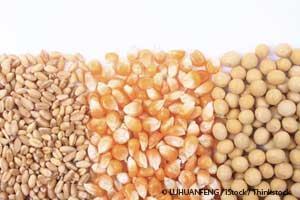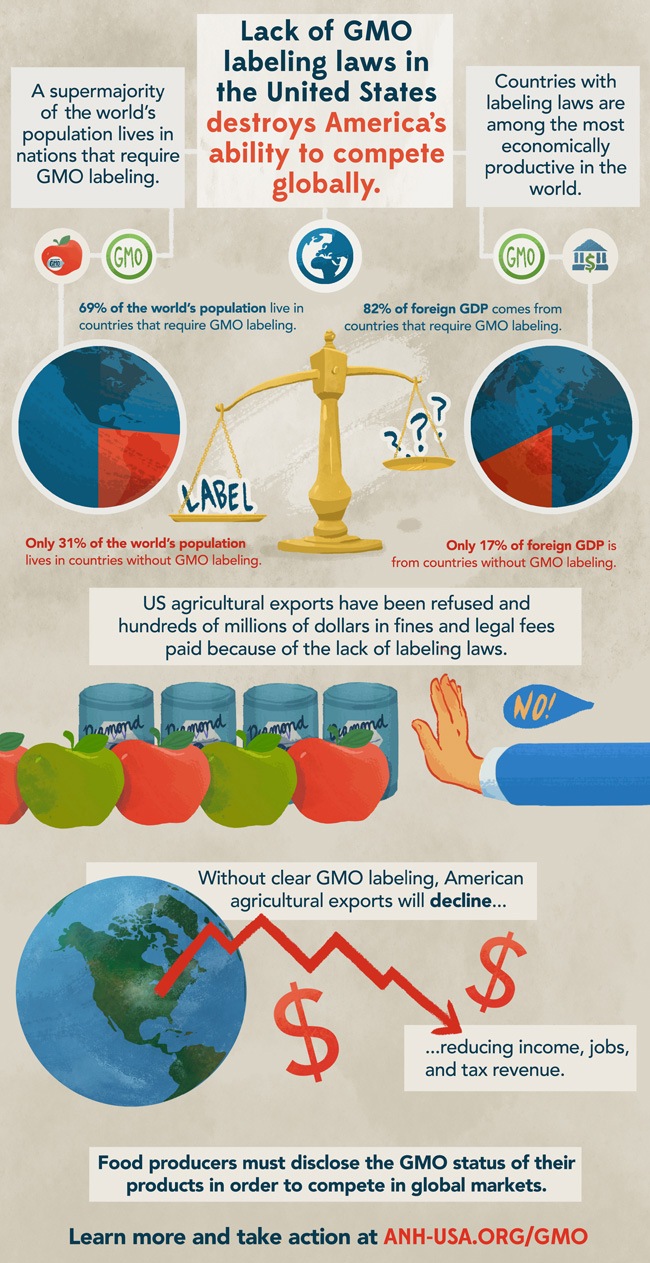The Major Role Soybean Oil Plays in Obesity and Diabetes
Soybean oil is the most common oil used in the US, but this is a relatively new phenomenon. Prior to 1900, cooking was done with lard and butter, and the processed foods that are now primary sources of soybean oil (and other soy ingredients) were nonexistent. In the 1950s, saturated fats were condemned on the basis of them raising your cholesterol and causing heart disease – a theory that has since been proven wrong, but which is still lingering in medical offices and public nutrition regulations. Partially hydrogenated soybean oil was developed to replace saturated fats like butter and lard in the food supply. Not only did consumers embrace it, but food manufacturers did even more so because of its low cost, long shelf-life, and stability at room temperature. There was just one problem: partially hydrogenated oils are sources of trans fats, which are now known to cause chronic health problems such as obesity, asthma, auto-immune disease, cancer, and bone degeneration. Yet, even if you take the hydrogenation process out of the picture, soybean oil is still detrimental to your health. While trans fats are now being pulled out of processed foods due to their extreme health risks, soybean oil is still fair game… but it shouldn’t be – and here’s why.









